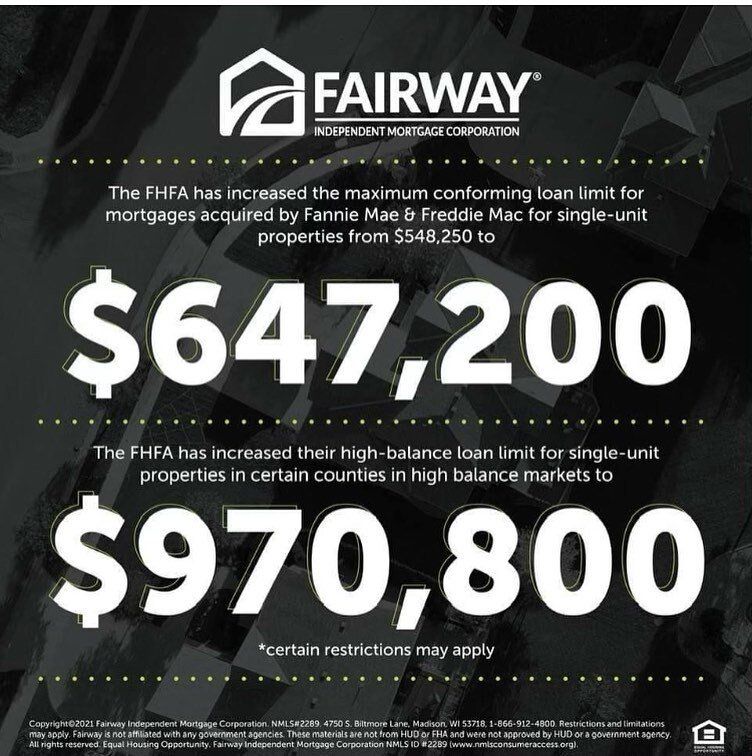Let’s be honest: Moving is an inevitably stressful ordeal that most people will experience several times in their life. In fact, the U.S. Census Bureau estimates that the average American will move 11.4 times. If you’ve been dreading a move, the good news is there are things you can do ahead of time to help take the edge off and ease the transition into your new home. Check out these five tips for being fully prepared.
Make a To-Do List
Make a to-do list and take a day or two to complete errands well in advance of your move. You may need to change your address with the postal service and any organizations with which you have dealings. You may also need to surrender your license plate, cancel memberships and subscriptions, reserve a freight elevator for the move, arrange for utilities to be running on move-in day, and plan the transportation of your pet.
Do Research
It’s important to choose a legitimate company with a solid track record before entrusting your personal belongings to anyone. Asking your friends and co-workers for recommendations is a great way to narrow down your choices. Be sure to consult the Better Business Bureau for reliability reports and ratings, as well as the mover’s U.S. DOT number. Additionally, set aside time to read through customer reviews online.
Request Quotes
Get three or four estimates ahead of your move. According to the American Moving and Storage Association, the average cost for a household to move locally is $2,300, and the average cost of a long distance move is $4,300. But that will ultimately depend on a range of factors that include distance traveled, weight of belongings, moving date, labor costs and any optional services such as insurance and packing.
Get Insurance
While homeowners insurance policies offer coverage for your property, most of them will not cover loss or damage to your possessions while in transit. Professional moving companies are required by federal law to offer two liability options — referred to as valuation and described below:
Released Value Protection: This type of coverage is offered at no additional cost, but the protection is limited to only 60 cents per pound per item for interstate moves and 30 cents per pound per item for intrastate moves.
Full Value Protection: Under this more comprehensive policy, your mover is responsible for lost or damaged goods in your shipment. However, movers may limit the liability for items of extraordinary value (in excess of $1,000) to $100 per pound for each article.
Aside from these options, you can choose to have your belongings insured by a third-party company. If you have several high-value items and your moving company does not offer expanded valuations, a relocation insurance may be your best bet.
Review Your Bill of Lading
A bill of lading is a document issued by a carrier that lists goods being shipped and specifies the terms of their transport. This form of receipt details the contents of your entire shipment, declared value, names and addresses of shipper and consignee, and pickup and delivery date, among other things. Because this is a legally binding document, you’ll want to review it carefully, as any insurance claim must tie in with your bill of lading.
Interested in moving to Fort Lauderdale or surrounding area? Fairway Fort Lauderdale is here to help you! Call us today to schedule an appointment where we can discuss your finances and determine the best home loan program for you. Schedule an appointment today!














